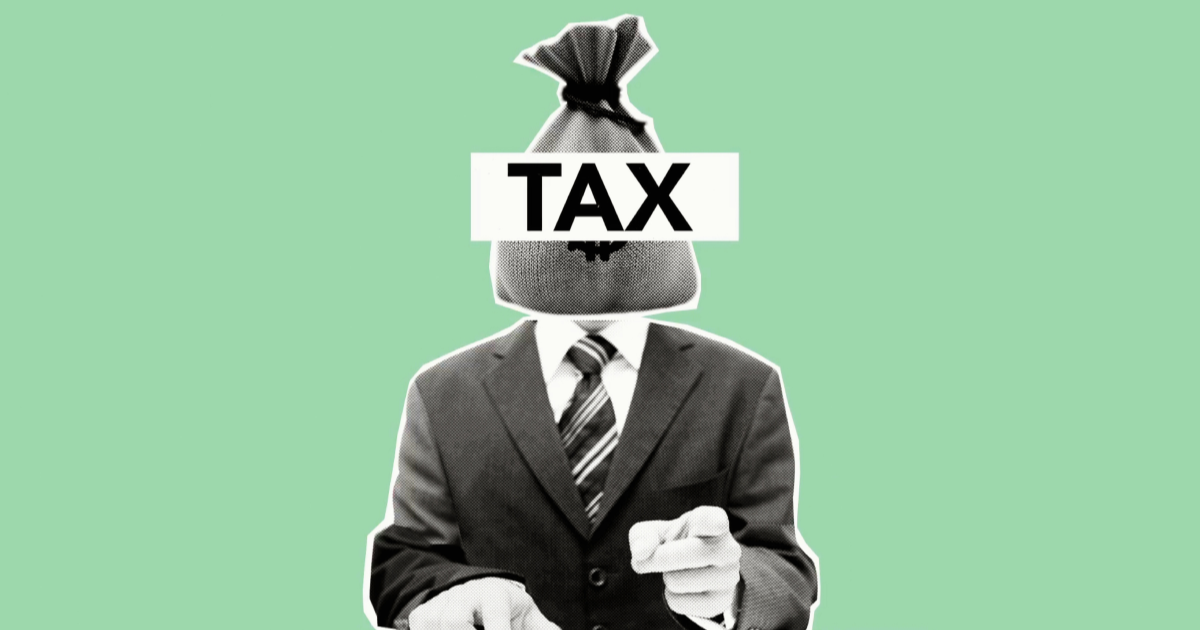The Importance of a Healthcare Directive

Healthcare directives, also known as advance directive or living will, are legal documents that allow individuals to express their healthcare preferences and decisions in advance. It guarantees medical wishes are respected even if a person becomes unable to communicate them. These documents play a crucial role in ensuring that a person’s autonomy, dignity, and values are upheld during times of medical uncertainty.
Why A Healthcare Directive Is Important:
Empowering Personal Autonomy
Healthcare directives empower individuals to have control over their medical care. By specifying preferences regarding treatments, medical interventions, and end-of-life care, individuals can make informed decisions that align with their values and beliefs.
Avoiding Unwanted Medical Interventions
In critical situations where an individual is unable to communicate, a healthcare directive acts as a guide for healthcare providers. They can prevent the use of unnecessary or unwanted medical interventions. Further, they ensure that medical decisions correspond with the individual’s preferences and not solely based on medical professionals’ opinions.
Reducing Family Conflicts
Family members may have different opinions on medical decisions, leading to conflicts and emotional distress. A clearly written healthcare directive provides a roadmap for care and alleviates the burden of decision-making. Further, potential conflicts among family members are minimized, as the individual’s wishes are clearly stated.
Ensuring Consistent Care
A healthcare directive helps to ensure consistent care by conveying an individual’s healthcare preferences to all medical personnel involved in their treatment. This consistency is particularly valuable for individuals with chronic illnesses or in cases were treatment spans across different healthcare facilities.
Peace of Mind
Understanding that their medical preferences will be followed, even if they cannot speak for themselves, offers peace of mind for many individuals.
Legal Protection
Healthcare directives have legal standing, ensuring that healthcare providers honor the individual’s wishes within the boundaries of the law. This legal protection safeguards against any potential disregard of the stated preferences.
In conclusion, a healthcare directive is an invaluable tool that grants individuals autonomy over their medical care, reduces family conflicts, and provides peace of mind during challenging times. Encouraging the creation of a healthcare directive is essential to ensure that healthcare decisions are upheld with dignity and compassion. Reach out to our team at Perspective 6 if you have any questions!







